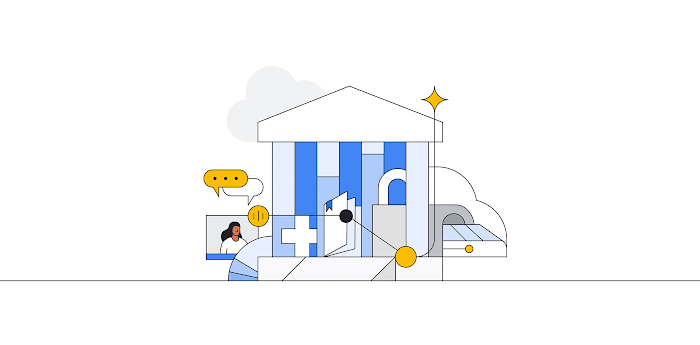Google Cloud Research Innovators drive scientific advances on the cloud
Tom Downes, PhD
High Performance Computing Cloud Consultant, Google Cloud
Alexander Titus, PhD
Strategic Business Executive, Global Public Sector, Google Cloud
In the past, it was rare for an astrophysicist to use the same tools as a molecular biologist. But the growth of scientific data and the shift to cloud computing is driving a convergence of computational tools and methods. Techniques such as computer vision can be applied across data as different as satellite imagery and pathology slides. As new discoveries increasingly depend on large-scale data analysis, researchers benefit from sharing technology expertise across otherwise unrelated disciplines.
To encourage the cross-pollination essential to scientific advances, Google Cloud announced the Research Innovators program. Although these researchers come from the physical, social, and biological sciences, they all share one thing in common—they’re leveraging the cloud to make scientific breakthroughs. As a result, the program supports a global community of researchers using Google Cloud to solve the impossible and includes world-renowned experts who will collaborate across various scientific domains and create real world solutions, open source projects, and technical documentation—all with expanded support from Google and exclusive access to Google programs and technical resources.
Today, we’re excited to announce our inaugural cohort of 31 Google Cloud Research Innovators, spanning 30 institutions and eight countries across both industry and academia. Their projects can be advanced rapidly by cloud-native technologies developed to address needs outside of research. For example, Dr. Benedikt Riedel and the IceCube Collaboration are investigating using Cloud Pub/Sub messaging to reliably perform distributed calculations while taking advantage of preemptible VMs to reduce cost in the field of multi-messenger astrophysics. Similarly, Dr. Teodora Szasz and the MiiE (Messages, Identity, and Inclusion in Education) Lab are using Vision AI to measure the representation of race and gender in children’s books through images and text. This can expand our understanding about diversity in content and can help us overcome the structural inequality that pervades society and our daily lives.
Cloud technologies are accelerating sciences from solar to cellular scales.The range and scale of these projects show how cloud computing offers scientists more than just efficiency, compute power, and speed; these innovative researchers are using the cloud to ask new questions and imagine new solutions that they never could have envisioned before.
To get started with Google Cloud, apply for free credits towards your research.

